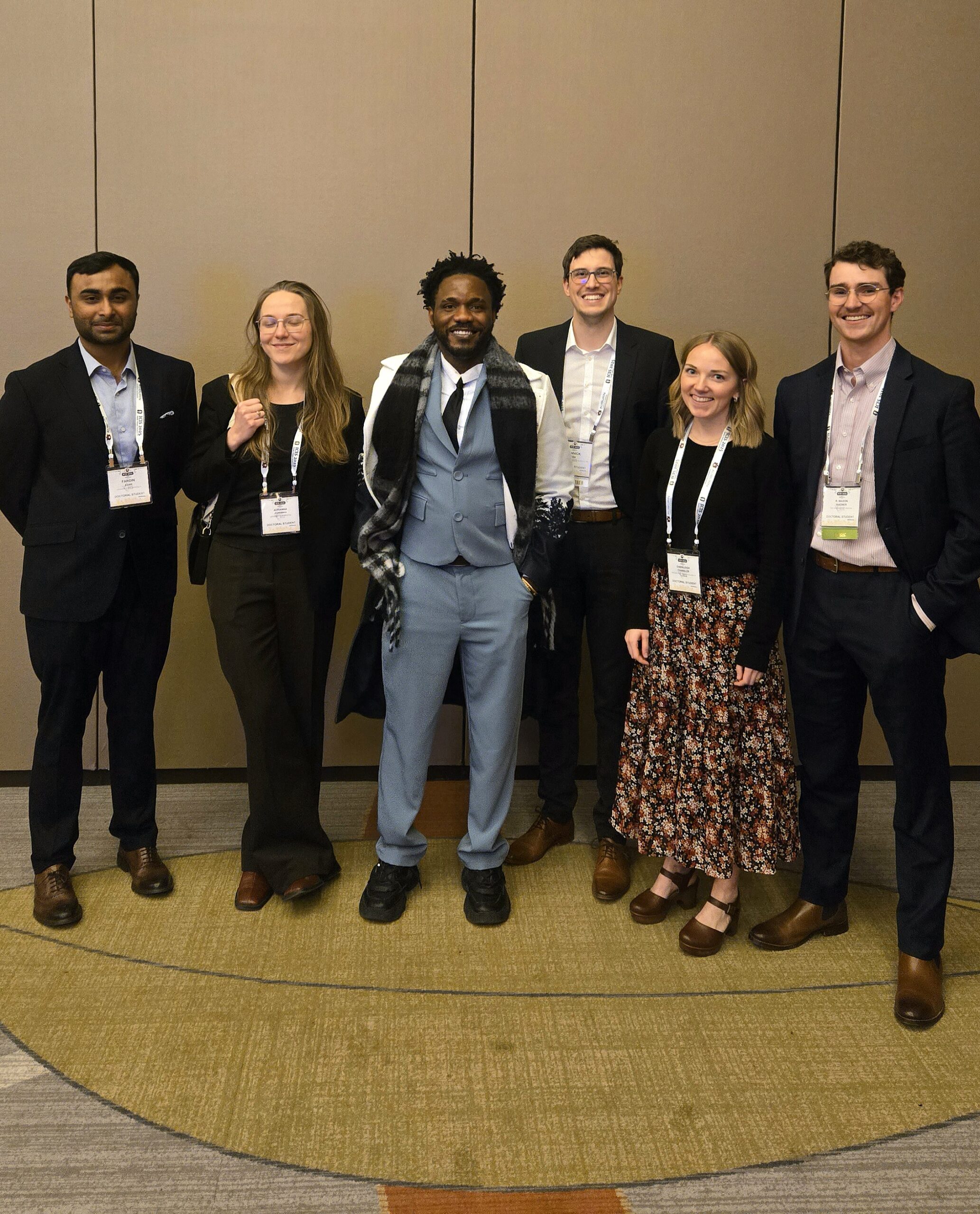For individuals aiming to build a career in academia, earning a Ph.D. is generally an essential step. Universities and research institutions typically expect faculty members to conduct independent research, publish their findings in reputable academic outlets, and contribute original knowledge to their field. Doctoral programs are specifically designed to develop such research capabilities, preparing students to meet the rigorous standards of academic inquiry.
However, the decision to pursue a Ph.D. should not be taken lightly. It involves a significant investment of time, energy, and financial resources. It is not uncommon for prospective doctoral students to realize partway through their programs—or even after graduation—that their initial motivations were unclear or based on incomplete information. Some discover that a long-term academic career does not align with their personal or professional goals. Others find that the particular doctoral program or institution they chose is not an optimal fit.
These outcomes often stem from a lack of thorough research and planning before embarking on the Ph.D. journey. Early-career scholars should carefully assess their aspirations, examine the demands of a doctoral program, and consider the myriad career paths that a Ph.D. can support—both within and beyond academia.
Reasons to Consider Pursuing a Ph.D.
While the doctoral path may be challenging, it can also be deeply rewarding. Some compelling reasons for pursuing a Ph.D. include:
- Expertise in Your Field:
Ph.D. programs immerse you in a specialized area of study, enabling you to gain a profound understanding of your subject. Your dissertation or research projects contribute original insights to the existing body of knowledge. - Advanced Research Skills:
Doctoral training emphasizes research methodology, data collection, analysis, and interpretation. These competencies are invaluable, both in academic contexts and in various industry sectors where critical thinking and evidence-based decision-making are highly valued. - Intellectual Challenge:
If you have a genuine passion for exploration, problem-solving, and rigorous inquiry, a Ph.D. program offers a stimulating intellectual environment. You will engage with mentors, peers, and experts, often collaborating on cutting-edge research that pushes the boundaries of what is known. - Career Opportunities:
While many Ph.D. graduates pursue academic careers as professors or researchers, a doctoral degree also prepares you for roles in government agencies, think tanks, consulting firms, private industry (such as R&D divisions), nonprofits, and leadership positions that require analytical rigor and project management skills. - Contributing to Knowledge and Society:
Your research may have tangible impacts on society, influencing policy, informing best practices, or guiding technological innovation. The opportunity to make a meaningful difference can be a powerful motivator. - Personal Fulfillment:
The process of earning a Ph.D. can be personally enriching. By engaging deeply with a subject you love, you nurture intellectual curiosity, develop resilience, and achieve a significant personal milestone. - Professional Networking:
Doctoral programs often provide extensive opportunities to network with scholars from around the globe. Conferences, workshops, and collaborative projects help you build relationships that may lead to long-term professional partnerships. - Autonomy and Flexibility:
Unlike more structured degree programs, Ph.D. candidates typically enjoy considerable independence in shaping their research agendas and methodologies, working at a pace that suits their investigative style. - Global Perspective:
Academic research often transcends national borders. Doctoral students regularly collaborate internationally, gaining exposure to diverse cultural perspectives and potentially opening doors for global career opportunities. - Potential for Higher Earnings:
Although it should not be the primary motivator, research consistently shows that individuals holding a Ph.D. may earn higher average salaries over the course of their careers compared to those with lower-level degrees.
Balancing Benefits with Challenges
Despite these advantages, pursuing a Ph.D. also comes with notable challenges:
- Time Commitment: Completing a doctoral degree can take four to eight years or more, depending on the field, program, and individual progress.
- Financial Burden: Funding opportunities vary, and some students may face significant debt if they rely on loans.
- Stress and Uncertainty: The high expectations, competitive environment, and uncertain job markets can contribute to emotional and psychological strain.
Before committing to this path, it is wise to consult with mentors, advisors, and professionals in your desired field. Thoroughly researching programs, funding options, and job prospects can help ensure that you make an informed decision about whether a Ph.D. aligns with your long-term aspirations.
Expectations and Responsibilities of Doctoral Students
Doctoral programs vary by institution and discipline, but several common expectations apply to most Ph.D. candidates:
- Coursework:
In the early stages, students may complete advanced seminars and foundational courses. These classes ensure that candidates have the necessary theoretical and methodological background to conduct independent research. - Independent Research:
The heart of the Ph.D. journey involves designing and executing original research projects. This process includes formulating research questions, selecting appropriate methods, collecting and analyzing data, and interpreting results. - Literature Mastery:
Students must engage extensively with the scholarly literature, identifying gaps, understanding the evolution of knowledge in their field, and situating their own research within a broader scholarly conversation. - Dissertation or Thesis:
The culmination of doctoral studies is the dissertation—an original, in-depth research manuscript. Some programs offer alternative pathways, such as a series of publishable articles. Regardless of format, the final work must significantly contribute to the field’s knowledge base. - Advising and Mentorship:
Doctoral candidates work closely with advisors or supervisory committees. These mentors guide research direction, offer constructive feedback, and help students navigate both intellectual and professional challenges. - Research Assistantships:
Many students participate in research assistantships to gain hands-on experience. Collaborating with faculty on ongoing projects broadens one’s skill set and provides insights into professional research practices. - Conferences and Publications:
Sharing research at academic conferences and aiming for journal publications are key components of building a scholarly reputation. Presenting findings to peers and publishing them in reputable outlets helps integrate one’s work into the academic community. - Comprehensive Examinations:
Some programs require comprehensive or qualifying exams to ensure mastery of core subjects and research areas. Passing these exams marks a significant milestone in a student’s journey toward candidacy. - Time Management and Organization:
Balancing coursework, research, potential teaching responsibilities, and personal commitments requires strong organizational skills and effective time management. - Ethical Conduct:
Doctoral students must uphold the highest ethical standards, from properly citing sources and respecting participant confidentiality to following institutional review board (IRB) guidelines. - Persistence and Resilience:
The path to a Ph.D. can be arduous. Successful candidates often demonstrate perseverance, adaptability, and the ability to learn from setbacks. - Self-Motivation and Initiative:
Much of doctoral work is self-directed. Students must maintain consistent motivation to advance their projects, meet deadlines, and continuously refine their research questions.
Choosing the Right Institution and Program
Given the considerable investment required, selecting the appropriate doctoral program and institution is critical. Prospective students should investigate factors such as faculty expertise, research facilities, funding opportunities, career placement records, and the overall academic culture. Detailed guidance on selecting a doctoral program will be presented in Chapter 2.
Alternatives to Traditional Ph.D. Programs
Not all individuals pursuing a doctoral degree intend to follow a traditional academic path. Some seek the title for personal fulfillment or consulting credibility. In these cases, certain non-accredited organizations—often termed “diploma mills” or “paper mills”—offer expedited degrees with minimal requirements. While these alternatives may be less costly and time-consuming, they lack academic rigor and recognition. As such, they are generally not suitable for those planning to enter or advance in academia or other research-intensive fields.
Conclusion
This chapter highlights the importance of the Ph.D. in an academic career and outlines the responsibilities, challenges, and rewards of doctoral study. By providing a clear overview of the expectations associated with earning a Ph.D., it aims to help readers decide whether this path is right for them. For those committed to academia, choosing the right institution and developing the necessary research skills will be critical steps toward building a successful scholarly career. For others, understanding the nature and demands of doctoral-level work ensures they make informed decisions that align with their professional objectives and personal values.










Leave a Reply